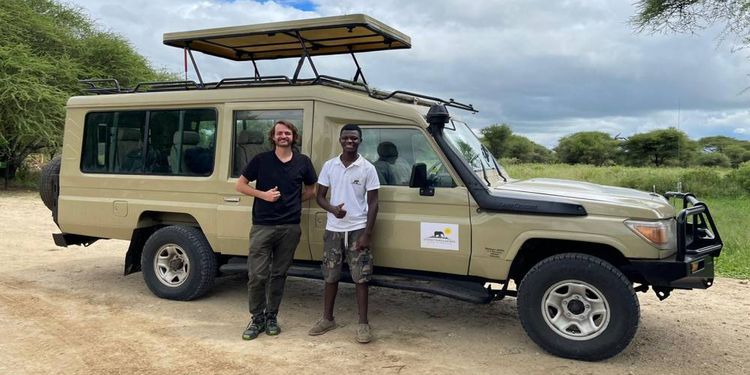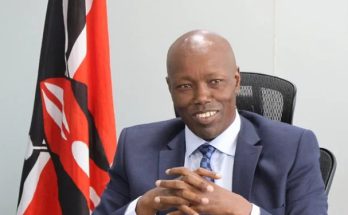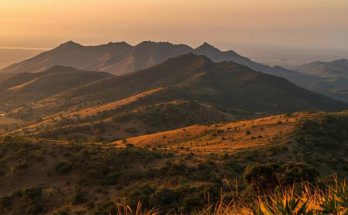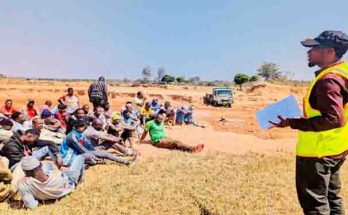
Three organisations have joined forces to accelerate the use of electric cars in Tanzania, particularly in the tourist industry, in order to reduce emissions and save the government money on fuel imports.
Hanspaul Group, Carwatt, and Gadgetronix have also partnered with Arusha Technical College to boost the number of technicians capable of servicing and maintaining e-vehicles.
The three companies, each with its own set of talents and knowledge, have embarked on a project called E-Motion to convert petrol and diesel systems of cars into electric ones, making Tanzania the second country in Sub-Saharan Africa, after South Africa, to employ electric vehicles for safaris.
While Hanspaul Group has been manufacturing safari van bodies and other special purpose vehicles for almost four decades, Carwatt, a French technology company, has extensive expertise of electric automobiles and has adapted multiple vehicles.
Gadgetronix, a Tanzanian energy solutions firm, has erected solar farms of up to 1MW, among other significant projects. The Arusha Technical College, a member of the E-Motion Board, contributes through providing students with experience, research, and practical application.
Engineer David Mtunguja, the institution’s Head of Automotive Department, acknowledged, “We are updating the college curriculum to accommodate new technological components, including electric cars,” The redesigned curriculum will go into effect in October of this year, when a college minibus will be turned into an electric vehicle.
Through the E-Motion initiative, the trio – Hanspaul Group, Carwatt, and Gadgetronix – launched a campaign in northern Tanzania to entice tourism sector investors to consider upgrading their ageing tourist vans into new electric cars.
“Electric cars do not use gasoline and do not require engine maintenance. They make no noise or emit any odours,” Mr. Sajan said. He assuaged tour operators’ concerns about recharging electric vehicles by stating that the project will install enough charging stations along tourist destination routes.
Mr Willy Chambulo, Chairman of the Tanzania Association of Tour Operators, stated that electric cars will add value to the Tanzania destination since visitors from nations that push for environmentally friendly services would choose them.
E-Motion has already installed some electric car charging stations in Arusha City and Mugumu municipality, as well as at some tourist destinations, including as Lake Manyara and Tarangire national parks, and Seronera, Ndutu, Naabi, and Kogatende, Serengeti National Park and Ngorongoro Conservation Area.
The recharging stations are used by at least three tour companies that have transformed their cars. Mount Kilimanjaro Safari Club has converted 12 cars and plans to convert eight more in the near future.
Kibo Guides has worked with E-Motion to refit one of its 100 safari vehicles, while Miracle Experience Balloon Safaris has transformed one of its safari vehicles to carry guests to national parks.
Tanzania National Parks has granted E-Motion four Land Cruisers to convert and create a charging station for rangers to discreetly carry out anti-poaching activities, saving the conservation agency millions of shillings on gasoline, vehicle repairs, and maintenance.
E-Motion is also transforming a bus into an emission-free vehicle to pick up students and employees during the day and recharge it in the sun before picking them up again in the evening to drop them off at home.



